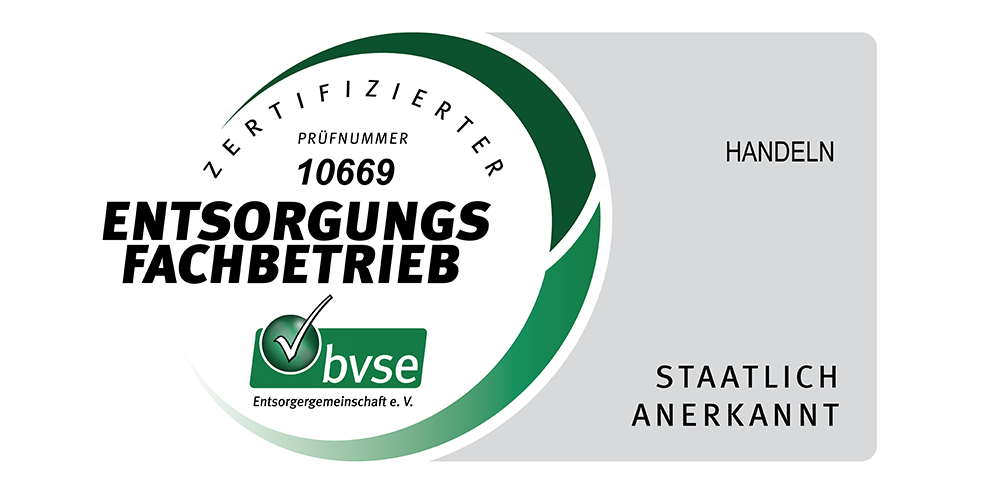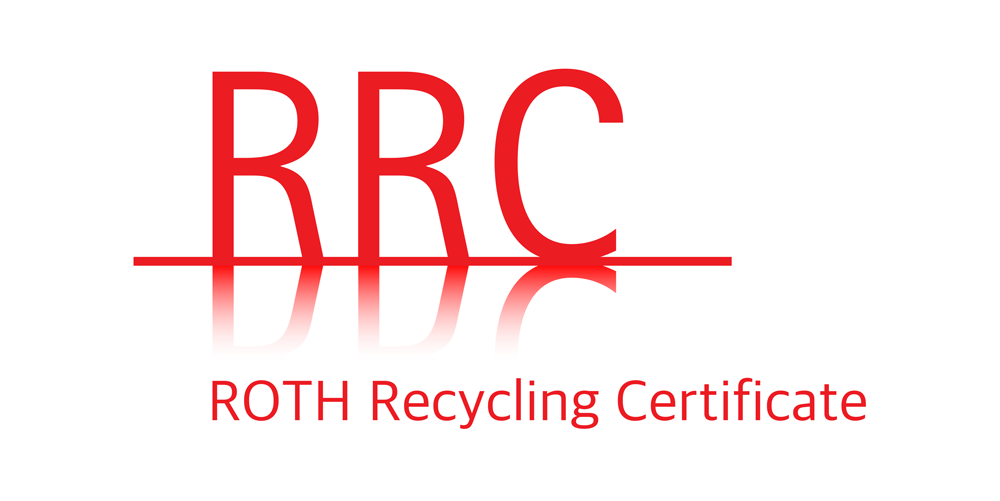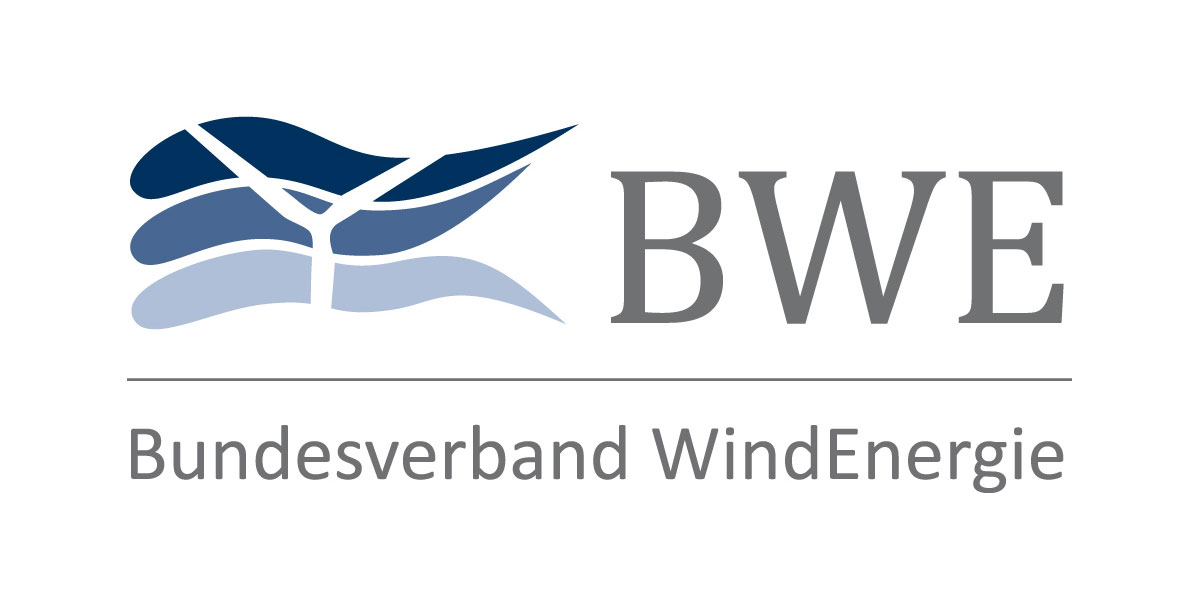Data Privacy Policy
Name and contact of the responsible person according to article 4 paragraph 7 GDPR
company: ROTH International GmbH, managing director: Michael Roth
address: Hohenstaufenstraße 58, 92637 Weiden
phone: +49 (0) 9604-9314040
telefax: +49 (0) 9604-9328936
e-mail: info(at) roth-international.de
roth-international.de
Security and protection of your personal data
We consider it our priority to protect the confidentiality of the personal data you provide, and to protect it from unauthorized access. We therefore apply the utmost care and state-of-the-art security standards to ensure maximum protection of your personal data. As a company under private law, we are subject to the provisions of the European Data Protection Ordinance (GDPR) and the provisions of the Federal Data Protection Act (BDSG). We have taken the necessary technical and organizational measures to ensure that the data protection regulations are observed both by us and by our external service providers.
Information on the collection of personal data
(1) In the following we will inform about the collection of personal data when using our website. Personal data include, for example, name, address, email address, user behavior.
(2) If you contact us by e-mail or via a contact form, we will save the data provided by you (your e-mail address, or, your name and telephone number) for the purpose of answering your questions. We will either delete the data generated in this context once they no longer need to be saved or restrict their processing if required under the statutory record keeping and retention obligations.
Collection of personal data during your visits to our website
If you use our website for information purposes only, i.e., if you do not register or otherwise provide us with information, we only collect the personal data transmitted by your browser to our server. If you wish to view our website, we will collect the following data required by us for technical purposes in order to display our website to you and to ensure stability and security (the legal basis is Article 6 (1) 1st sentence, subparagraph f (GDPR):
– IP address
– Date and time of the request
– Time zone difference to Greenwich Mean Time (GMT)
– Content of the request (specific page)
– Access status/HTTP status code
– Data volume transmitted at any given time
– Website sending the request
– Browser
– Operating system and its surface
– Language and version of browser software.
Lawfulness of the processing
The processing of personal data is only legal if there is a legal basis for the processing. Under Article 6(1), subparagraphs a – f GDPR, the legal basis for processing may include in particular:
a. The data subject has given his/her consent to the processing of his/her personal data for one or more specific purposes;
b. processing is necessary for the performance of a contract to which the data subject is a party or for the implementation of pre-contractual measures taken at the request of the data subject;
c. processing is necessary to fulfill a legal obligation to which the controller is subject;
d. processing is necessary to protect the vital interests of the data subject or of another natural person;
e. processing is necessary for the performance of a task in the public interest or in the exercise of official authority conferred on the controller;
f. processing is necessary to safeguard the legitimate interests of the controller or of
a third party, unless the interests or fundamental rights and freedoms of the data subject which require the protection of personal data prevail, in particular where the data subject is a child.
Children
Our offering is generally aimed at adults. Persons under the age of 18 should not transmit any personal data to us without the consent of their parents or legal guardians.
Rights of the data subjects
(1) Right to revocation of consent
If the processing of personal data is based on a previously given consent, you have the right to revoke the consent at any time. Your revocation of consent shall not affect the legality of the processing carried out on the basis of the consent until the date of revocation.
You can contact us at any time to exercise your right of withdrawal.
(2) Right to confirmation
You have the right to request confirmation from the controller as to whether we are processing personal data relating to you. You can request confirmation at any time using the above contact details.
(3) Right of access by the data subject
If personal data is processed, you have the right to request information about this personal data and about the following information at any time:
a. the processing purposes;
b. the categories of personal data being processed;
c. the recipients or categories of recipients to whom the personal data have been or are still being disclosed, in particular recipients in third countries or international organizations;
d. if possible, the planned duration for which the personal data will be stored or, if this is not possible, the criteria for determining this duration;
e. the existence of a right to have your personal data concerning you rectified or erased or to have the data controller restrict or object to such processing;
f. the existence of a right to lodge a complaint with a supervisory authority;
g. if the personal data is not collected from the data subject, all available information on the origin of the data;
h. the existence of automated decision-making, including profiling in accordance with Article 22(1) and (4) GDPR and, at least in these cases, conclusive information on the logic involved and the scope and intended impact of such processing on the data subject.
If personal data is transferred to a third country or an international organization, you have the right to be informed of the appropriate guarantees in accordance with Article 46 GDPR in connection with the transfer. We provide a copy of the personal data which is the subject of the processing. We may charge an appropriate fee based on administrative costs for any additional copies you request from us. If you submit the application electronically, the information shall be provided in a common electronic format, unless otherwise specified. The right to obtain a copy in accordance with paragraph 3 shall not prejudice the rights and freedoms of other persons.
(4) Right to rectification
You have the right to request us to correct any inaccurate personal data concerning you without delay. Taking into account the purposes of the processing, you have the right to request the completion of incomplete personal data - also by means of a supplementary declaration.
(5) Right to erasure ("right to be forgotten")
You have the right to request the data controller to delete personal data relating to you immediately and we are obliged to delete personal data immediately if one of the following reasons applies:
a. The personal data is no longer necessary for the purposes for which they were collected or otherwise processed.
b. The data subject withdraws his/her consent on which processing was based in accordance with Article 6(1)(a) or Article 9(2)(a) GDPR and there is no other legal basis for processing.
c. The data subject objects to processing under Article 21(1) GDPR and there are no overriding legitimate grounds for processing, or the data subject objects to processing under Article 21(2) GDPR.
d. The personal data have been unlawfully processed.
e. The erasure of personal data is necessary to fulfill a legal obligation under Union law or the law of the Member States to which the data controller is subject.
f. The personal data have been collected in relation to information society services provided in accordance with Article 8(1) GDPR.
Where the data controller has made the personal data public and is obliged to delete them in accordance with paragraph 1, he shall take appropriate measures, including technical measures, taking into account the available technology and implementation costs, to inform data processors who process the personal data that a data subject has requested them to delete all links to such personal data or copies or replications of such personal data.
The right to erasure ("right to be forgotten") does not stand if the processing is necessary for:
– to exercise the right of freedom of expression and information;
– for the performance of a legal obligation required for processing under the law of the Union or of the Member States to which the controller is subject or for the performance of a task in the public interest or in the exercise of official authority conferred on the controller;
– on grounds of public interest in the field of public health in accordance with Article 9(2)(h) and (i) and Article 9(3) GDPR;
– for archiving purposes of public interest, scientific or historical research purposes, or for statistical purposes as referred to in Article 89(1) GDPR, where the right referred to in paragraph 1 is likely to render impossible or seriously prejudicial the attainment of the objectives of such processing, or
– for asserting, exercising or defending legal claims.
(6) Right to restriction of processing
You have the right to request us to restrict the processing of your personal data if one of the following conditions prevails:
a. the accuracy of the personal data is disputed by the data subject for a period which enables the data controller to verify the accuracy of the personal data,
b. the processing is unlawful and the data subject refuses the erasure of the personal data and instead requests a restriction on the use of the personal data;
c. the data controller no longer needs the personal data for the purposes of processing, but the data subject needs them for the purpose of asserting, exercising or defending legal claims, or
d. the data subject has lodged an objection to the processing referred to in Article 21(1) GDPR until it has been established whether the data subject's justified grounds outweigh those of the data subject.
Where processing has been restricted in accordance with the above conditions, such personal data shall only be processed - apart from being stored - with the consent of the data subject or for the purpose of asserting, exercising or defending rights or protecting the rights of another natural or legal person or on grounds of an important public interest of the Union or of a Member State.
In order to exercise the right to restrict processing, the data subject may contact us at any time at the above contact details.
(7) Right to data portability
You have the right to receive the personal data concerning you that you have provided to us in a structured, current and machine-readable format, and you have the right to transmit this data to another data controller without interference by the data controller to whom the personal data was provided, provided that:
a. processing is based on consent pursuant to Article 6(1)(a) or Article 9(2)(a) or on a contract pursuant to Article 6(1)(b) GDPR, and
b. processing is carried out using automated methods.
When exercising the right to data transferability under paragraph 1, you have the right to have the personal data transferred directly from one controller to another controller, where technically feasible. The exercise of the right to data transferability does not affect the right to erasure ("right to be forgotten"). This right shall not apply to processing necessary for the performance of a task in the public interest or in the exercise of official authority
entrusted to the controller.
(8) Right to object
You have the right to object at any time to the processing of personal data concerning you under Article 6(1)(e) or (f) of the GDPR for reasons arising from your particular situation; this also applies to profiling based on these provisions. The data controller no longer processes the personal data unless he can prove compelling justifiable grounds for the processing which outweigh the interests, rights and freedoms of the data subject, or if the processing serves for the assertion, exercise or defense of legal claims.
If personal data is processed for direct marketing purposes, you have the right to object at any time to the processing of personal data concerning you for the purpose of such advertising; this also applies to profiling in so far as it is connected with such direct advertising. If you object to the processing for direct marketing purposes, the personal data will no longer be processed for these purposes.
In connection with the use of Information Society services, notwithstanding Directive 2002/58/EC, you may exercise your right of opposition by means of automated procedures using technical specifications.
You have the right to object to the processing of personal data concerning you, for scientific or historical research purposes or for statistical purposes in accordance with Article 89(1), for reasons arising from your particular situation, unless such processing is necessary for the performance of a task in the public interest.
You can exercise your right of objection at any time by contacting the data controller.
(9) Automated decisions in individual cases including profiling
You have the right not to be subject to a decision based exclusively on automated processing - including profiling - that has legal effect against you or significantly impairs you in a similar manner. This shall not apply where the decision:
a. is necessary for the conclusion or performance of a contract between the data subject and the data controller,
b. is admissible by law of the Union or of the Member States to which the data controller is subject and that law contains appropriate measures to safeguard the rights, freedoms and legitimate interests of the data subject; or
c. is made with the express consent of the data subject.
The data controller shall take appropriate measures to safeguard the rights, freedoms and legitimate interests of the data subject, including at least the right to obtain the intervention of a person on the part of the data controller, to state his own position, and to challenge the decision.
The data subject may exercise this right at any time by contacting the data controller.
(10) Right to lodge a complaint with a supervisory authority
You shall also, without prejudice to any other administrative or judicial remedy, have the right of appeal to a supervisory authority, in particular in the Member State of your place of residence, your place of work or the place of suspected infringement, where the data subject considers that the processing of personal data concerning him or her is contrary to this Regulation.
(11) Right to effective judicial remedies
Without prejudice to any available administrative or extrajudicial remedy, including the right of appeal to a supervisory authority under Article 77 GDPR, you have the right to an effective judicial remedy if you consider that your rights under this Regulation have been infringed as a result of processing of your personal data in breach of this Regulation.
Definitions of terms
The legislator requires that personal data be processed in a lawful manner, in good faith and in a manner that is comprehensible to the data subject (‘lawfulness, fairness and transparency’). To ensure this, we undertake inform you about the individual legal definitions which are also used in this data protection declaration:
1. Personal data
"Personal data" means any information concerning the personal or material circumstances of an identified or identifiable individual (the "data subject"); an identifiable individual is a natural person who can be identified, directly or indirectly, in particular by association with an identifier such as a name, an identification number, location data, an online identifier or one or more special
characteristics which express the physical, physiological, genetic, psychological, economic, cultural or social identity of that natural person.
2. Processing
"Processing" means any operation or set of operations which is performed on personal data or on sets of personal data, whether or not by automated means, such as collection, recording, organization, structuring, storage, adaptation or alteration, retrieval, consultation, use, disclosure by transmission, dissemination or otherwise making available, alignment or combination, restriction, erasure or destruction.
3. Restriction on processing
"Restriction on processing" means the marking of stored personal data with the aim of restricting their future processing.
4. Profiling
"Profiling" means any automated processing of personal data consisting in the use of such personal data to evaluate certain personal aspects relating to a natural person, in particular to analyze or predict aspects relating to the work performance, economic situation, health, personal preferences, interests, reliability, behavior, whereabouts or relocation of that natural person.
5. Pseudonymization
"Pseudonymization" means the processing of personal data in such a way that the personal data can no longer be attributed to a specific data subject without the use of additional information, provided that this additional information is kept separately and is subject to technical and organizational measures which ensure that the personal data cannot be attributed to an identified or identifiable natural person.
6. File system
"File system" means any structured collection of personal data accessible according to specific criteria, whether centralized, decentralized, functional or geographical.
7. Controller
"Controller" means a natural or legal person, authority, institution or other body which alone or together with others decides on the purposes and means of processing personal data; where the purposes and means of such processing are determined by Union or Member State law, the controller or the specific criteria for its nomination may be laid down by Union or Member State law.
8. Processor
"Processor" means a natural or legal person, public authority, agency or other body which processes personal data on behalf of the controller.
9. Recipient
"Recipient" means a natural or legal person, public authority, agency or another body, to which the personal data is disclosed, whether a third party or not. However, public authorities which may receive personal data in the framework of a particular inquiry in accordance with Union or Member State law shall not be regarded as recipients; the processing of those data by those public authorities shall be in compliance with the applicable data protection rules according to the purposes of the processing.
10. Third party
"Third party " means a natural or legal person, public authority, agency or body other than the data subject, controller, processor and persons who, under the direct authority of the controller or processor, are authorized to process personal data.
11. Consent
"Consent" of the data subject means any freely given, specific, informed and unambiguous indication of the data subject’s wishes by which he or she, by a statement or by a clear affirmative action, signifies agreement to the processing of personal data relating to him or her.
Einsatz von Matomo
Auf dieser Website werden unter Einsatz der Webanalysedienst-Software Matomo (www.matomo.org), einem Dienst des Anbieters InnoCraft Ltd., 150 Willis St, 6011 Wellington, Neuseeland, („Mataomo“) auf Basis unseres berechtigten Interesses an der statistischen Analyse des Nutzerverhaltens zu Optimierungs- und Marketingzwecken gemäß Art. 6 Abs. 1 lit. f DSGVO Daten gesammelt und gespeichert. Aus diesen Daten können zum selben Zweck pseudonymisierte Nutzungsprofile erstellt und ausgewertet werden.







Data Protection
Legal